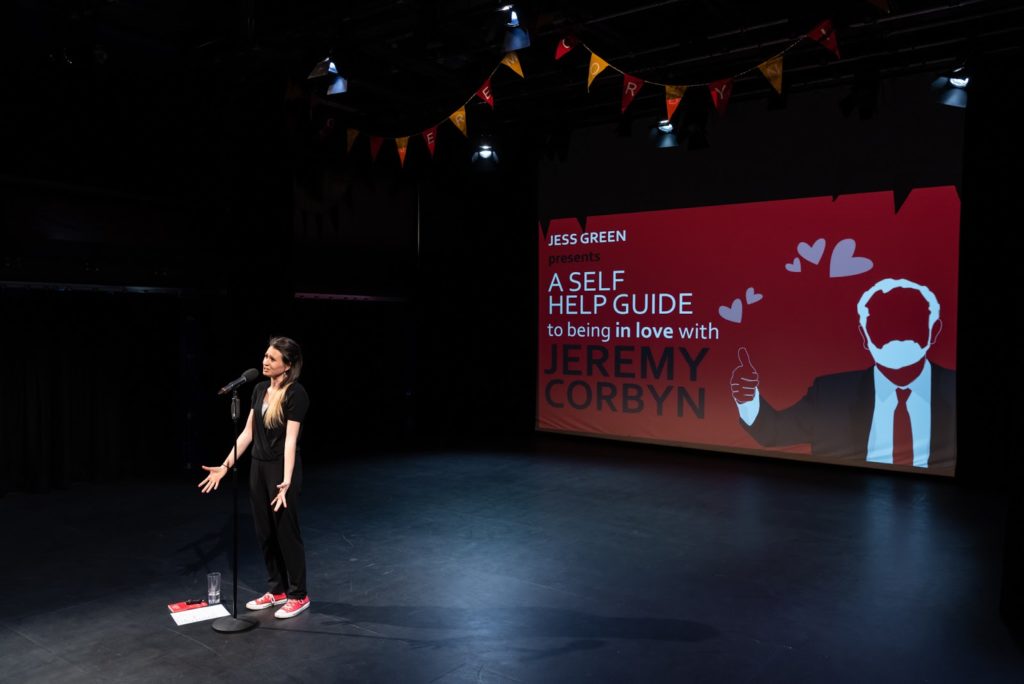
And there we have it. A couple of votes in the Commons, a confirmatory vote in the Lords which was never in doubt, and now the UK is set to have a General Election just a few weeks before Christmas. And if Boris Johnson continues his unprecedented political losing streak, we’ll have our 4th Prime Minister in the 3½ years since…well, you know what.
One of the main problems with following politics nowadays is the content overload that we all face on a daily basis. It rapidly becomes overwhelming, and the constant need for new stories and new topics means that the serious issues often get buried or swept away by the comparatively trivial stuff that satisfies the news channels or the clickbait. I still find it alarming how quickly we seemed to move on from the brutal assassination of Jo Cox MP.
Anyway, this is a spoken word poetry column, so what’s my point…? Well, in these times of content overload; slogans, statistics, hash-tags, videos that go viral for 24 hours before being confined to history, shifting positions, twisting ramifications, etc. – in these times, we need something to cut through the bullshit and communicate to us as humans.
For those of us who’ve tried to follow politics closely since the referendum, it’s like we’ve unwittingly signed-up to night-school. We should get a BTEC in parliamentary procedure and Britain’s relationship with the EU when this is all eventually “done”.
Which is why, in my opinion, poetry is such a vital art-form. Firstly, poetry condenses an argument and makes it easier to digest. Secondly, it captures the human aspect of any political situation – how it actually impacts on us as people.
Thirdly, and perhaps most importantly, it provides access to empathy. Whether political or not, poetry gives you an insight into somebody else’s world – whether real or imagined. In the space of 3 minutes (give or take), you can walk in somebody else’s shoes. And when it comes to politics, I reckon that’s the most important thing you could possibly do. Empathy over knee-jerk rants. Understanding over-demonisation and instant dismissal.
Finally, it might even provide nuance. Never in my life have I known a time when people are so furiously binary. It’s like the entire country has become pissed-up football fans on opposing terraces: River Plate v Boca Juniors in the Question Time audience.
So, after all that set-up, who am I going to tell you to read? Well, as far as I’ve seen, no other UK poet has been as dedicated to the cause of documenting contemporary politics as Jess Green. They say that a poet’s job is to reflect the world that they inhabit – to hold a mirror up to their times; both to soothe those that share their world and to provide a time capsule for future generations.
For at least the last 18 months, Jess has been touring the UK with a show called ‘A Self-Help Guide to Being in Love with Jeremy Corbyn’. Now, touring a show with a title as divisive as that is bound to be difficult enough as it is. But not only that – Jess has been relentlessly rewriting the show to keep it as up-to-date as possible. Potentially one of the most tumultuous and fast-changing periods in modern political history, with a focus on a party leader who’s endured a constant barrage of media smears and scandals, all whilst trying to navigate the most complex and sensitive political dilemma in decades.
And just when she thought she might be able to put her feet up, a second snap election in 18 months was called – for the day before her final show of the year.
Another poet who I believe to be one of the most vital voices of our times is Suhaiymah Manzoor-Khan. Fiercely outspoken, visceral, unapologetic and direct – she captures the huge range of issued faced by Muslims living in postcolonial Britain, at a time when rampant Islamophobia spreads from Tommy Robinson rallies to the Conservative Party HQ. Not even that – the PM himself.
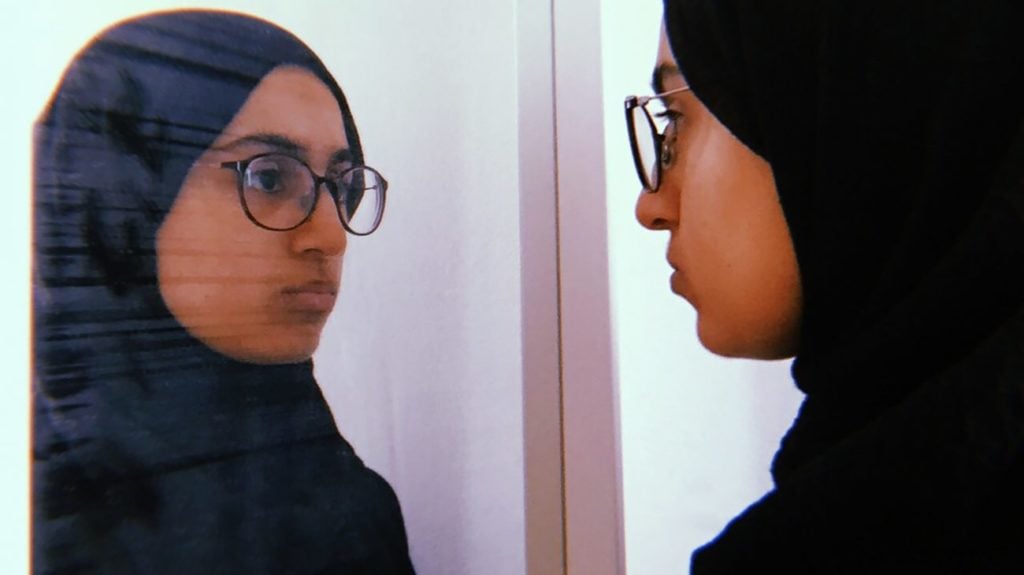
Suhaiymah’s work has been published far and wide; from Amnesty International and The Guardian to a VERVE Poetry Press collection and the Roundhouse slam. Stick her on the GCSE syllabus and we’d give future generations a much firmer footing when it comes to understanding this island that we inhabit.
On a different note, we always need humour to help us get through times like these. Political satire may be nigh-on impossible nowadays as our headlines continue to outdo even the wildest parodies, but poems like Kevin P Gilday’s ‘How To Spot a Tory’ still provide a much-needed chuckle when you’ve done banging your head against a Brexit wall – sorry, brick wall.
Luke Wright’s poem ‘William Hague in a Baseball Cap’ is another one that always brings a smile to my face, and if you ever want to experience the ultimate Tory put-down in the form of unrelenting rhyme, humour, anger and razor-sharp observation, then look no further than activist poet Janine Booth.
There’s no shortage of political poets in dear old Blighty nowadays. Time was, I’d be the only political poet on the bill or in an open mic section. Nowadays, the ratio has almost been reversed. And please don’t misconstrue that as me claiming to be some kind of pioneer – I’ve just been a virtue-signalling toss-pot for most of my career and am one of those idealistic lefties that’ll never truly be happy.
Poetry is a way to channel your anger, to escape your woes, to broaden your horizons, feed your empathy, latch onto a narrative or – in many cases – be spurred on to ramp up your activism.
The difference between sending a tweet and volunteering for your local party could win or lose this election. And anything can help to plug that gap, it’s a poem.
Filed under: Written & Spoken Word
Tagged with: activism, Boris Johnson, Brexit, General Election, Jeremy Corbyn, left, poetry, politics, spoken word, uk
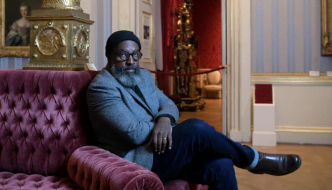
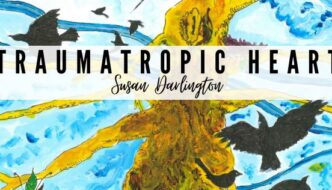
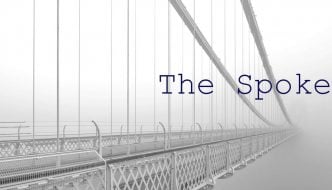
Comments